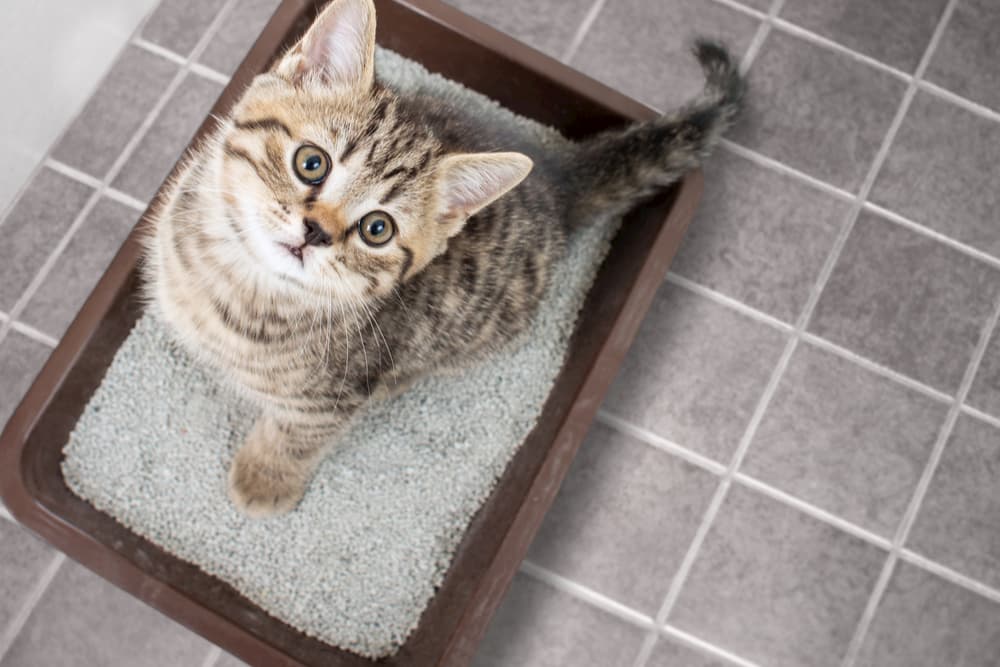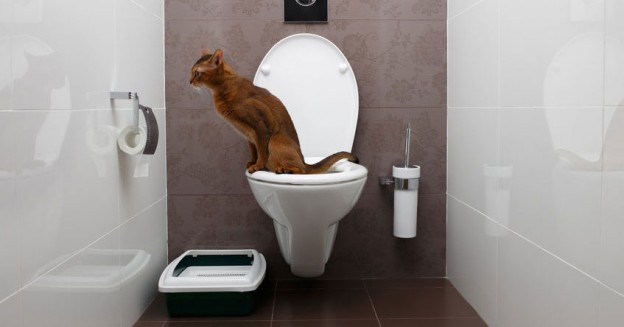Reasons Flushing Cat Poop Down Your Toilet Is Harmful - Tips for Correct Disposal
Reasons Flushing Cat Poop Down Your Toilet Is Harmful - Tips for Correct Disposal
Blog Article
How do you really feel in relation to Can You Flush Cat Poop Down The Toilet??

Intro
As feline proprietors, it's essential to bear in mind just how we dispose of our feline good friends' waste. While it might seem hassle-free to flush pet cat poop down the toilet, this practice can have destructive consequences for both the setting and human health.
Alternatives to Flushing
Thankfully, there are much safer and a lot more accountable ways to dispose of cat poop. Take into consideration the complying with choices:
1. Scoop and Dispose in Trash
One of the most usual approach of getting rid of feline poop is to scoop it into an eco-friendly bag and throw it in the garbage. Be sure to use a committed litter scoop and take care of the waste quickly.
2. Use Biodegradable Litter
Choose eco-friendly pet cat clutter made from materials such as corn or wheat. These litters are environmentally friendly and can be securely dealt with in the garbage.
3. Hide in the Yard
If you have a lawn, take into consideration hiding pet cat waste in a designated area far from vegetable gardens and water sources. Make sure to dig deep sufficient to avoid contamination of groundwater.
4. Install a Pet Waste Disposal System
Purchase a family pet waste disposal system specifically designed for feline waste. These systems utilize enzymes to break down the waste, decreasing odor and ecological influence.
Health Risks
Along with environmental problems, purging pet cat waste can additionally present health and wellness threats to humans. Pet cat feces might consist of Toxoplasma gondii, a parasite that can trigger toxoplasmosis-- a potentially extreme health problem, especially for expectant females and individuals with damaged body immune systems.
Environmental Impact
Purging pet cat poop introduces dangerous microorganisms and bloodsuckers right into the water system, positioning a substantial threat to aquatic ecosystems. These impurities can adversely influence marine life and compromise water high quality.
Final thought
Accountable animal ownership extends beyond giving food and shelter-- it additionally involves correct waste monitoring. By refraining from flushing feline poop down the commode and choosing alternate disposal approaches, we can minimize our environmental footprint and secure human wellness.
Why Can’t I Flush Cat Poop?
It Spreads a Parasite
Cats are frequently infected with a parasite called toxoplasma gondii. The parasite causes an infection called toxoplasmosis. It is usually harmless to cats. The parasite only uses cat poop as a host for its eggs. Otherwise, the cat’s immune system usually keeps the infection at low enough levels to maintain its own health. But it does not stop the develop of eggs. These eggs are tiny and surprisingly tough. They may survive for a year before they begin to grow. But that’s the problem.
Our wastewater system is not designed to deal with toxoplasmosis eggs. Instead, most eggs will flush from your toilet into sewers and wastewater management plants. After the sewage is treated for many other harmful things in it, it is typically released into local rivers, lakes, or oceans. Here, the toxoplasmosis eggs can find new hosts, including starfish, crabs, otters, and many other wildlife. For many, this is a significant risk to their health. Toxoplasmosis can also end up infecting water sources that are important for agriculture, which means our deer, pigs, and sheep can get infected too.
Is There Risk to Humans?
There can be a risk to human life from flushing cat poop down the toilet. If you do so, the parasites from your cat’s poop can end up in shellfish, game animals, or livestock. If this meat is then served raw or undercooked, the people who eat it can get sick.
In fact, according to the CDC, 40 million people in the United States are infected with toxoplasma gondii. They get it from exposure to infected seafood, or from some kind of cat poop contamination, like drinking from a stream that is contaminated or touching anything that has come into contact with cat poop. That includes just cleaning a cat litter box.
Most people who get infected with these parasites will not develop any symptoms. However, for pregnant women or for those with compromised immune systems, the parasite can cause severe health problems.
How to Handle Cat Poop
The best way to handle cat poop is actually to clean the box more often. The eggs that the parasite sheds will not become active until one to five days after the cat poops. That means that if you clean daily, you’re much less likely to come into direct contact with infectious eggs.
That said, always dispose of cat poop in the garbage and not down the toilet. Wash your hands before and after you clean the litter box, and bring the bag of poop right outside to your garbage bins.
https://trenchlesssolutionsusa.com/why-cant-i-flush-cat-poop/

I came across that article on Don’t flush cat feces down the toilet when perusing the internet. If you enjoyed reading our blog entry please be sure to pass it around. We take joy in reading our article about Can You Flush Cat Poop Down The Toilet?.
Visit Report this page